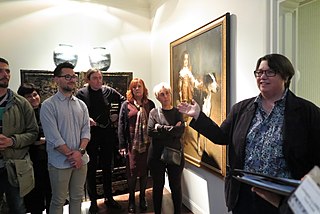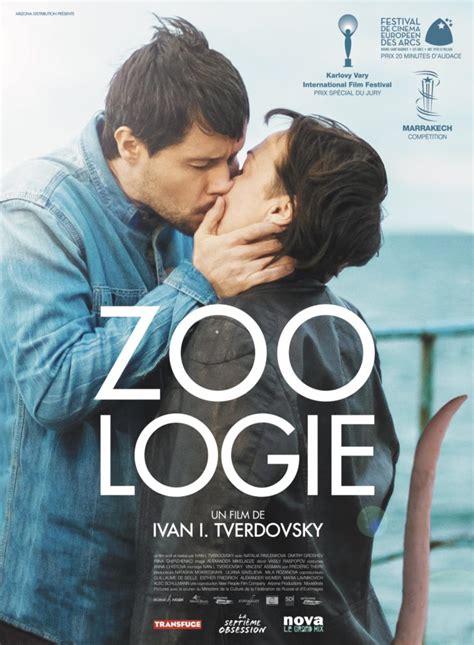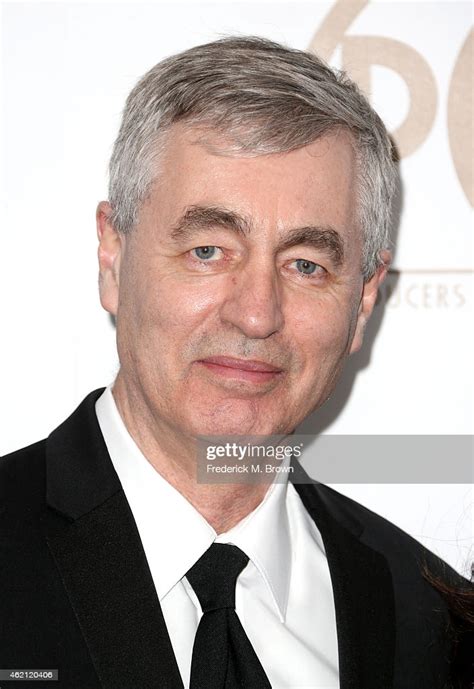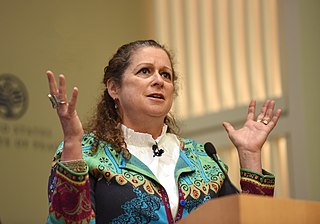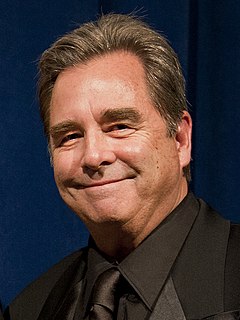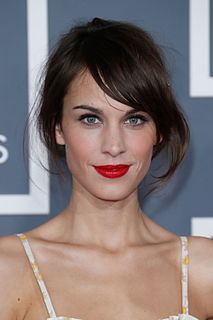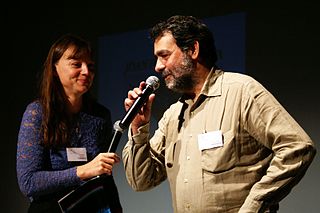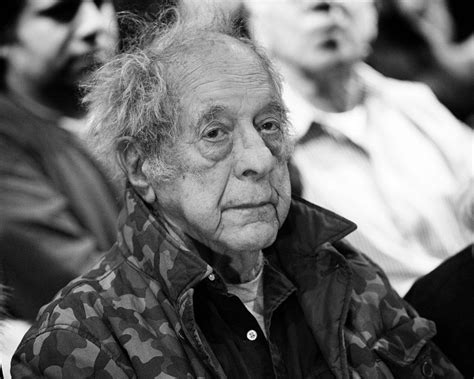A Quote by Catherine Opie
I'm kind of a twisted social documentary photographer.
Quote Topics
Related Quotes
When you say documentary, you have to have a sophisticated ear to receive that word. It should be documentary style, because documentary is police photography of a scene and a murder ... that's a real document. You see, art is really useless, and a document has use. And therefore, art is never a document, but it can adopt that style. I do it. I'm called a documentary photographer. But that presupposes a quite subtle knowledge of this distinction.
There's a real difference between a documentary that was all about facts and history and information. People just don't get as engaged in that kind of documentary - they don't fall in love, they don't cry, they don't forget who they are, they don't ride with you. As we realized we had richer, vérité kind of people, what we wanted to do is focus in on the vérité story.
On the same Australian trip, I brought back a pair [of Ugg] for my then boyfriend who was a photographer. He wore them all the time. He used to wear them with Levis twisted jeans and a vintage T-shirt. This is 2002. They looked great on him. I guess it takes a certain kind of man to pull them off but they have other ones that are less typical of this, I think.
